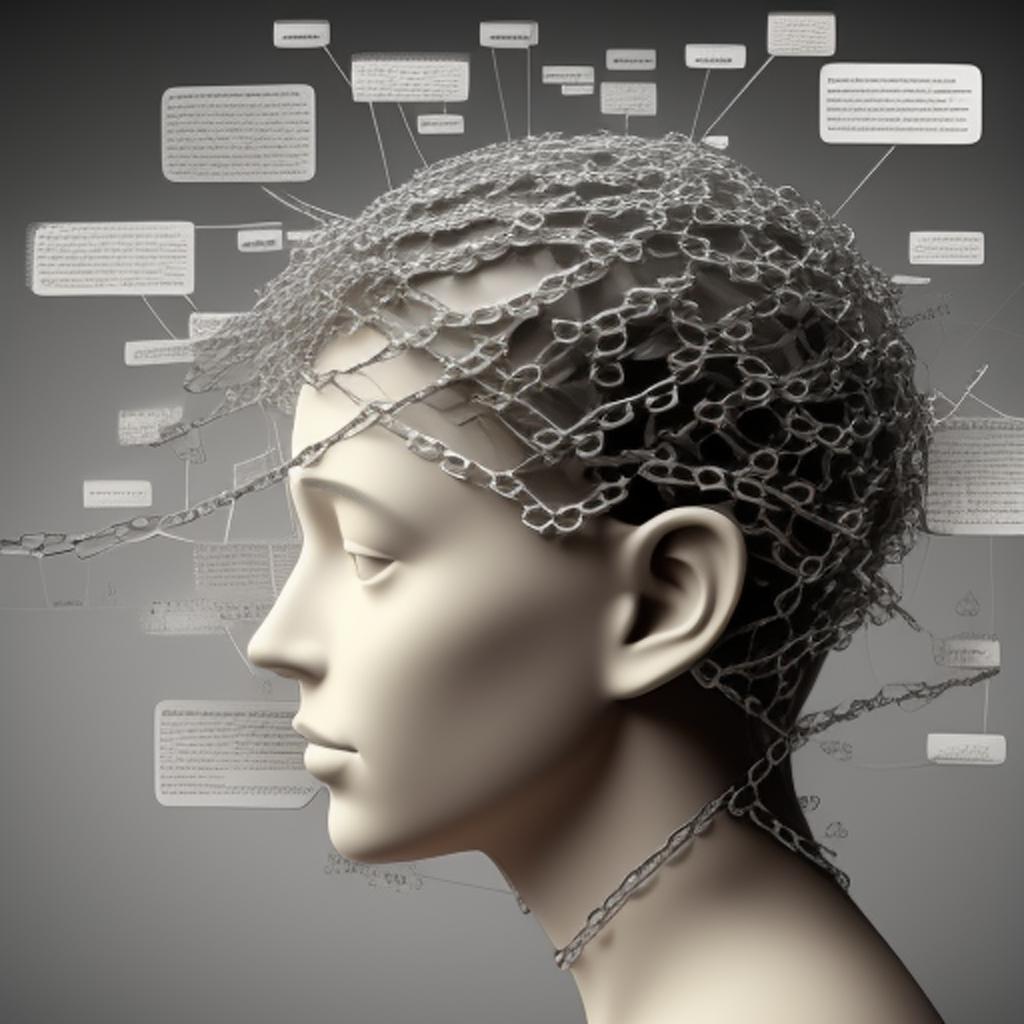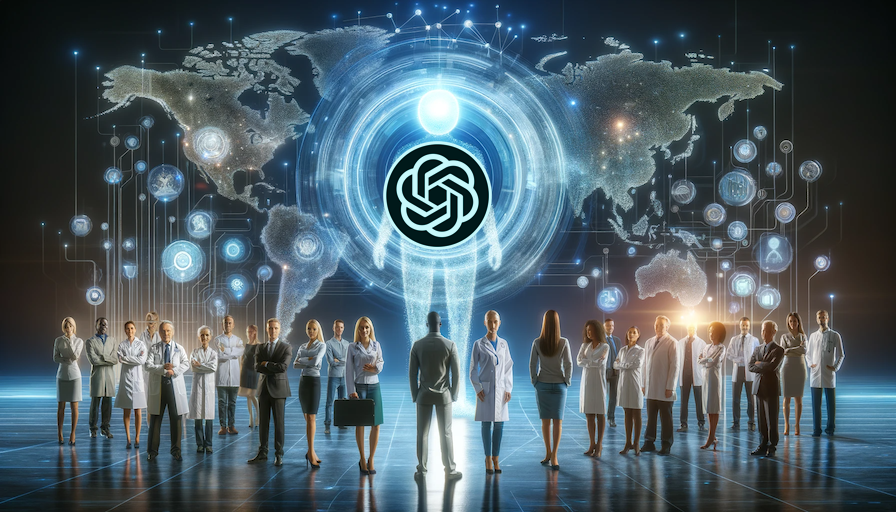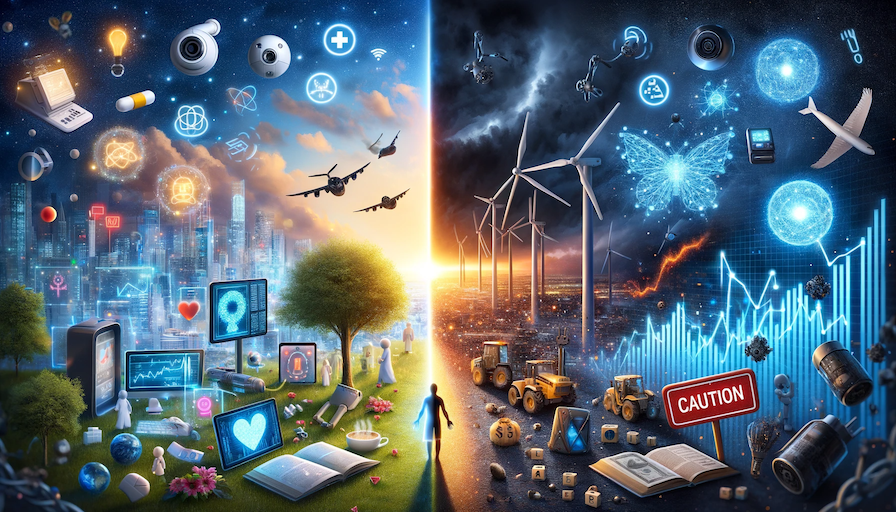
The Challenge of Maintaining a Chain of Thought in Language Models
Maintaining a coherent chain of thought is not merely a bonus but a necessity for effective communication. In daily human interactions, whether that's making weekend plans or discussing career choices, a continuous thread of conversation ensures that the discourse is meaningful and productive. If humans didn't maintain this chain of thought, conversations would be disjointed, leading to misunderstandings and ineffective communication. Therefore, LLMs' ability to maintain this coherence is not just a theoretical concern but has immediate, practical implications.
Argumentative Structure
In professions like law or academia, the quality of an argument can be a career-defining skill. However, even in daily tasks such as convincing a friend to try a new restaurant or explaining to a child why they should eat vegetables, the logical flow of thoughts is pivotal. We often underestimate the complexity of this process because it seems so natural to us. LLMs face an immense challenge in mimicking this human ability, particularly when navigating topics that require expertise and nuance.
Cognitive Simulation
The human mind is an intricate web of neurons, shaped by evolution and experience, capable of remarkable feats of reasoning. LLMs, in their pursuit of simulating human cognition, need to create a semblance of this complexity. They have to gauge the tone, context, and implications of a conversation, something humans naturally do without conscious thought. While this is a long way off, even minor improvements in this domain can significantly augment LLMs' utility in roles like customer service, healthcare, and even companionship.
Context Window
The fixed context window of LLMs can be likened to attempting a conversation while intermittently suffering from short-term memory loss. Just as it's frustrating to speak to someone who forgets what was said seconds ago, interacting with a model that loses context over extended discussions can be equally vexing.
Lack of State Memory
Humans have an inherent ability to recall previous discussions, shared experiences, and established norms when interacting with each other. This "history" enables more meaningful and nuanced dialogues. LLMs' inability to remember past interactions renders them less effective in sustaining complex conversations that evolve over time, something often taken for granted in human interactions.
No True Understanding
Our day-to-day tasks, from cooking a meal to driving a car, involve a deep chain of interconnected thoughts. We evaluate options, forecast outcomes, and adapt our actions accordingly. LLMs, due to their lack of true understanding, struggle to emulate this rich tapestry of human thought. They can't ponder, reflect, or anticipate in the way humans do, and this becomes evident in tasks requiring deep understanding or long-term planning.
Computational Constraints
Achieving a more complex chain of thought is not merely a theoretical challenge but also a logistical one. The hardware and energy resources required for a more intricate form of reasoning are significant, raising ethical and environmental concerns.
Superficial Coherence
While LLMs may produce text that is grammatically correct and thematically relevant, the "illusion of coherence" can sometimes mask underlying inconsistencies. Humans can sense when something is "off" even if they can't pinpoint why; achieving this level of subtlety in machine-generated text is an ongoing challenge.
The Road Ahead
The research frontier is bustling with activity aimed at mitigating these limitations. Adaptive learning techniques, where the model learns to focus its attention on relevant parts of the text, and models that can engage in "meta-reasoning" are some of the exciting avenues being explored.
Mastering the chain of thought is one of the ultimate tests for LLMs in their journey towards mimicking human-like intelligence. While these models are excellent tools, achieving a consistent, nuanced, and accurate chain of thought, akin to human reasoning, remains a formidable challenge that extends beyond mere text generation. It touches upon our deep understanding of cognition, language, and even what it means to be sentient.




